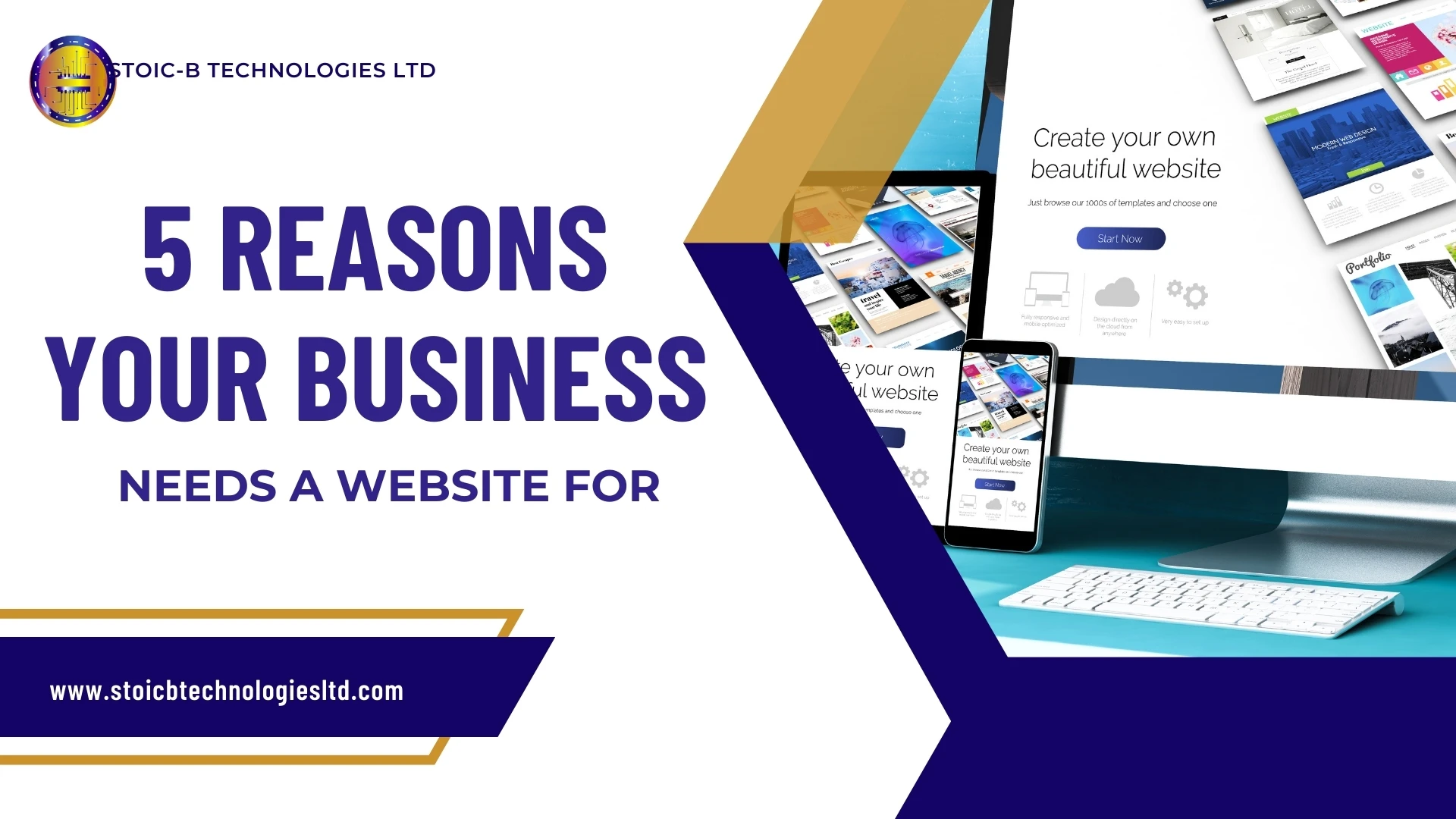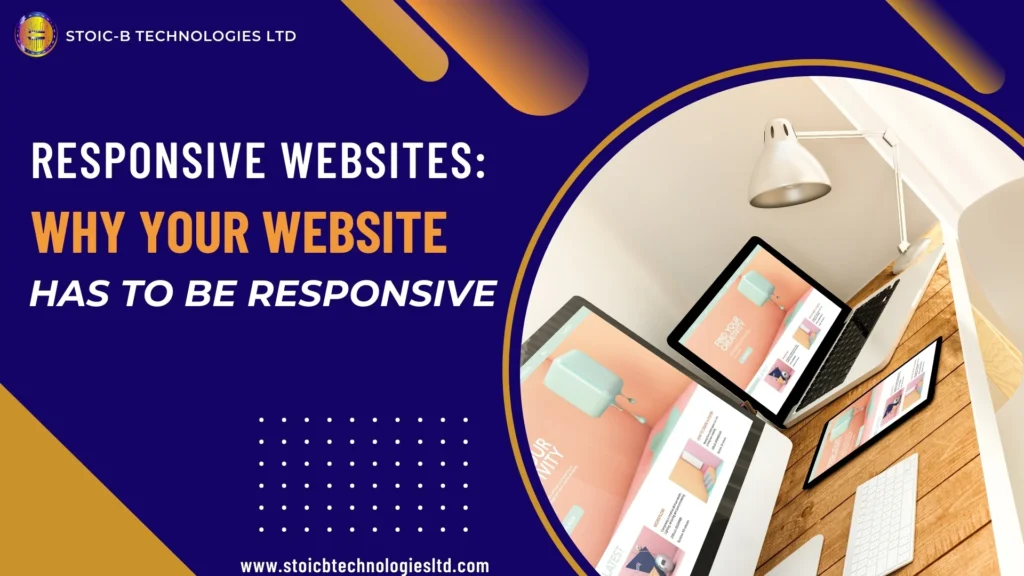The Future Of Business: How Artificial Intelligence Is Transforming Today's Environment- Benefits And Challenges Explored
Artificial Intelligence (AI) is no longer a futuristic concept—it’s reshaping the business landscape today in ways we could have only imagined a few years ago. With advancements in machine learning, natural language processing, and data analytics, AI has become a powerful tool for businesses seeking to improve their operations, make smarter decisions, and stay ahead of the competition. But as with any transformative technology, AI brings both remarkable opportunities and significant challenges.
Understanding AI in Business
At its core, AI involves creating systems that can perform tasks traditionally requiring human intelligence—like understanding language, recognizing images, making decisions, and even learning from experience. These systems are powered by algorithms that process vast amounts of data, enabling them to improve over time and become more efficient at their tasks.
AI can be broadly categorized into two types: Narrow AI (or Weak AI) and General AI (or Strong AI). Narrow AI is designed to perform specific tasks—like voice recognition on your smartphone or recommendations on your favorite streaming service. General AI, on the other hand, is more advanced, aiming to replicate the full range of human cognitive abilities. While Narrow AI is already widely used, General AI remains a long-term goal.
AI is making its mark across various industries, from healthcare and finance to manufacturing and logistics. The technology’s ability to enhance efficiency, accuracy, and decision-making is driving widespread adoption, but it’s not without its hurdles.
Benefits of AI in Business
Increased Efficiency: Imagine a world where repetitive tasks are handled automatically, freeing up your employees to focus on creative, high-value work. That’s the power of AI. Whether it’s automating data entry, streamlining supply chain logistics, or optimizing customer service interactions, AI can significantly boost productivity. This not only reduces costs but also accelerates decision-making, enabling businesses to move at the speed of innovation.
Improved Customer Experience: AI is transforming how businesses interact with their customers. With chatbots and virtual assistants, companies can provide instant, personalized support around the clock. For instance, a customer looking for product information at midnight no longer has to wait until morning—AI-powered systems can deliver accurate responses in real-time. Additionally, AI can analyze customer behavior to offer tailored recommendations, enhancing satisfaction and fostering loyalty.
Enhanced Decision-Making: AI excels at analyzing large datasets to uncover patterns and insights that might be invisible to the human eye. This capability allows businesses to make data-driven decisions with greater confidence. From predicting market trends to optimizing marketing strategies, AI provides the analytical horsepower needed to refine business strategies and stay competitive.
Driving Innovation: AI doesn’t just improve existing processes—it can also spark new ideas. By identifying trends and uncovering hidden opportunities in data, AI helps businesses innovate. Whether it’s developing new products, discovering untapped markets, or improving customer engagement, AI serves as a catalyst for continuous improvement.
Challenges of AI in Business
Data Bias: AI systems are only as good as the data they’re trained on. If that data contains biases—whether intentional or unintentional—the AI can perpetuate and even amplify these biases. This can lead to unfair outcomes, such as biased hiring practices or unequal treatment of customers. Addressing data bias requires careful attention to the quality and diversity of the data used to train AI models.
Cybersecurity Risks: With great power comes great responsibility. AI systems, particularly those handling sensitive data, can be prime targets for cyberattacks. As businesses collect and analyze more data, the risk of breaches and cyber threats grows. Protecting AI systems from these threats is crucial to maintaining trust and safeguarding company assets.
Job Displacement: Automation powered by AI can lead to significant changes in the workforce. While AI creates new opportunities, it can also make certain jobs obsolete. Workers in roles that are easily automated may find themselves needing to reskill or transition to new positions. Businesses must navigate these changes thoughtfully to support their employees and minimize disruption.
Lack of Transparency: AI can sometimes be a “black box,” making decisions without clear explanations. This lack of transparency can be problematic, especially in high-stakes industries like finance or healthcare. Understanding how AI arrives at its conclusions is essential for building trust and ensuring that AI-driven decisions are fair and accurate.
How AI Is Shaping the Business Landscape
Supply Chain Management: AI is revolutionizing supply chain management by automating demand forecasting, inventory management, and logistics. This automation helps businesses reduce costs, minimize waste, and respond more quickly to changes in demand.
Marketing and Sales: AI allows businesses to personalize their marketing efforts like never before. By analyzing customer behavior, AI can deliver targeted messaging and recommendations, making marketing campaigns more effective. Additionally, AI-driven analytics can uncover new market opportunities and refine sales strategies.
Customer Service: AI-powered chatbots and virtual assistants are changing the face of customer service. These tools provide quick, accurate responses to customer inquiries, even outside of traditional business hours. The result is a more seamless customer experience, leading to higher satisfaction and loyalty.
Human Resources: AI is streamlining HR processes by automating tasks like resume screening and candidate selection. This not only speeds up the hiring process but also helps ensure that candidates are evaluated consistently and fairly, reducing the risk of bias.
Conclusion
Artificial Intelligence is undeniably transforming the business environment, offering numerous benefits while also posing significant challenges. As businesses continue to adopt AI, it’s essential to approach this powerful technology with a balanced perspective—leveraging its potential while addressing its risks.
To succeed in the AI-driven future, businesses must invest in responsible AI practices, stay vigilant about cybersecurity, and remain committed to fairness and transparency. By doing so, they can harness the full power of AI to drive innovation, improve customer experiences, and achieve sustainable growth in an increasingly competitive landscape.
The future of business is here, and it’s powered by AI. But with that power comes the responsibility to use it wisely, ensuring that it serves not only the bottom line but also the greater good.
Do You need tailored down Digital solutions for your business?
Let us help your business get seen, heard and noticed. with our solutions that is guaranteed to boost your business returns.
Get In touch with us for your affordable Web Design| Digital Marketing| Visual Branding services



